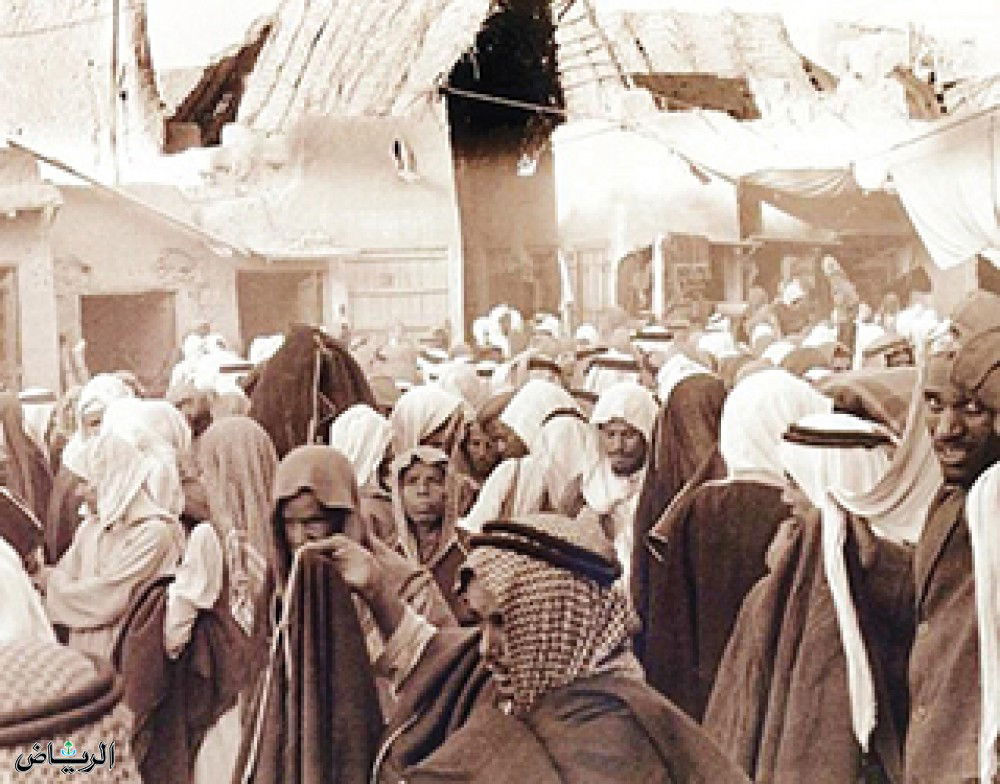
National identity has great importance in achieving stability within society, as it works to unify all different groups in religion, race, or language under fixed laws and regulations that belong to the country in which the different groups live, which achieves stability and unifies all individuals into one nation and builds a bond between all individuals. Society, and interest in strengthening national identity in our country began from the first steps of its founding, where the late founder, King Abdulaziz - may God rest his soul - established this principle and worked to settle it in the souls, spread justice and equality among all members of his people, and created for them a stable and prosperous life, spreading security, and creating Services in every inch of the country, such as educational, health, and others, and united hearts in tolerance, brotherhood, and love. Also, the Saudi dress, which is the dress, the ghutra, the shemagh, the headband, and the “mashlah,” has been the country’s official uniform since the unification of the Kingdom until today, and it is part of the national identity that distinguishes its residents. This country, orders have been issued requiring adherence to this official dress and adhering to it when visiting government departments or attending schools and universities. The Saudi Ardah is also one of the most prominent folk arts in the Kingdom, and is performed on national and special occasions. It has had a presence since the launch of the epics of monotheism at the hands of the founder. The late King Abdulaziz - may God rest his soul - has thus become an ancient cultural symbol of which he is proud, and the kings of the Kingdom - may God have mercy on them - are keen to perform it and receive the state’s most distinguished guests, including heads of state and others. It has become a symbol of traditional Saudi culture, and in 2015 AD the Ardha was included in the UNESCO list. Representativeness of the intangible cultural heritage of humanity.
